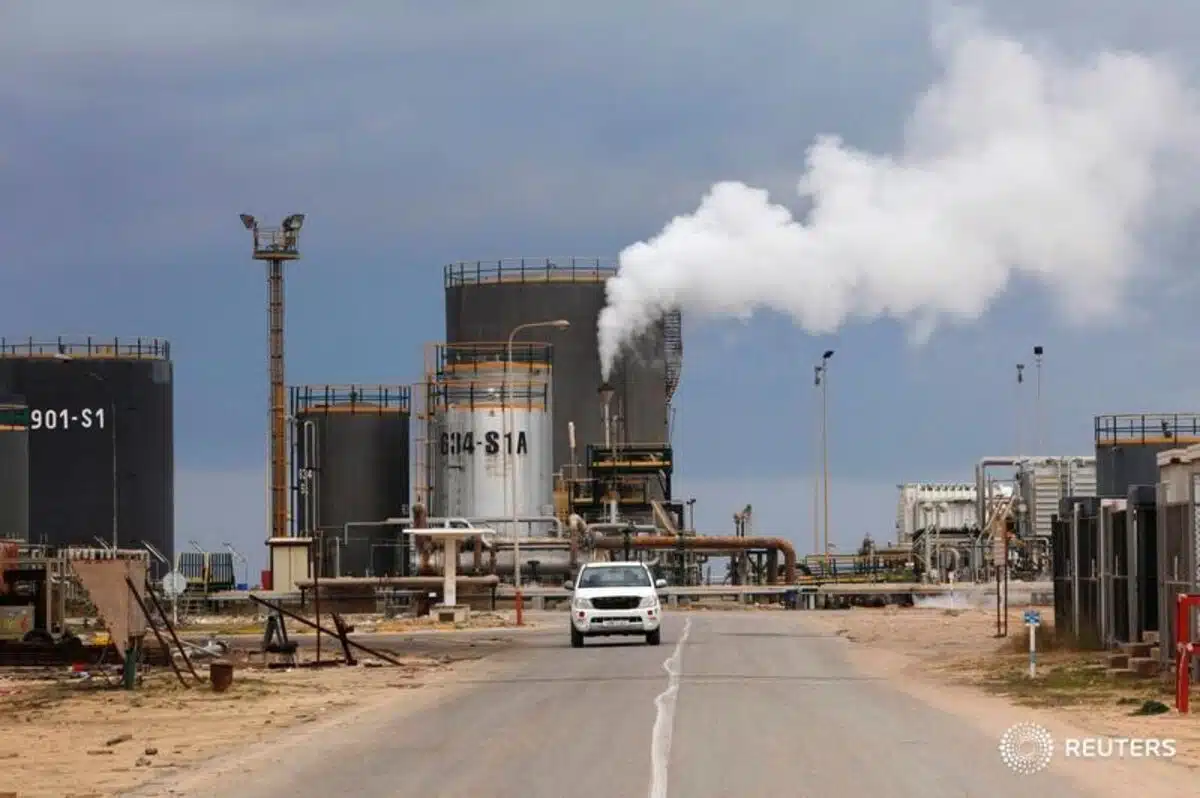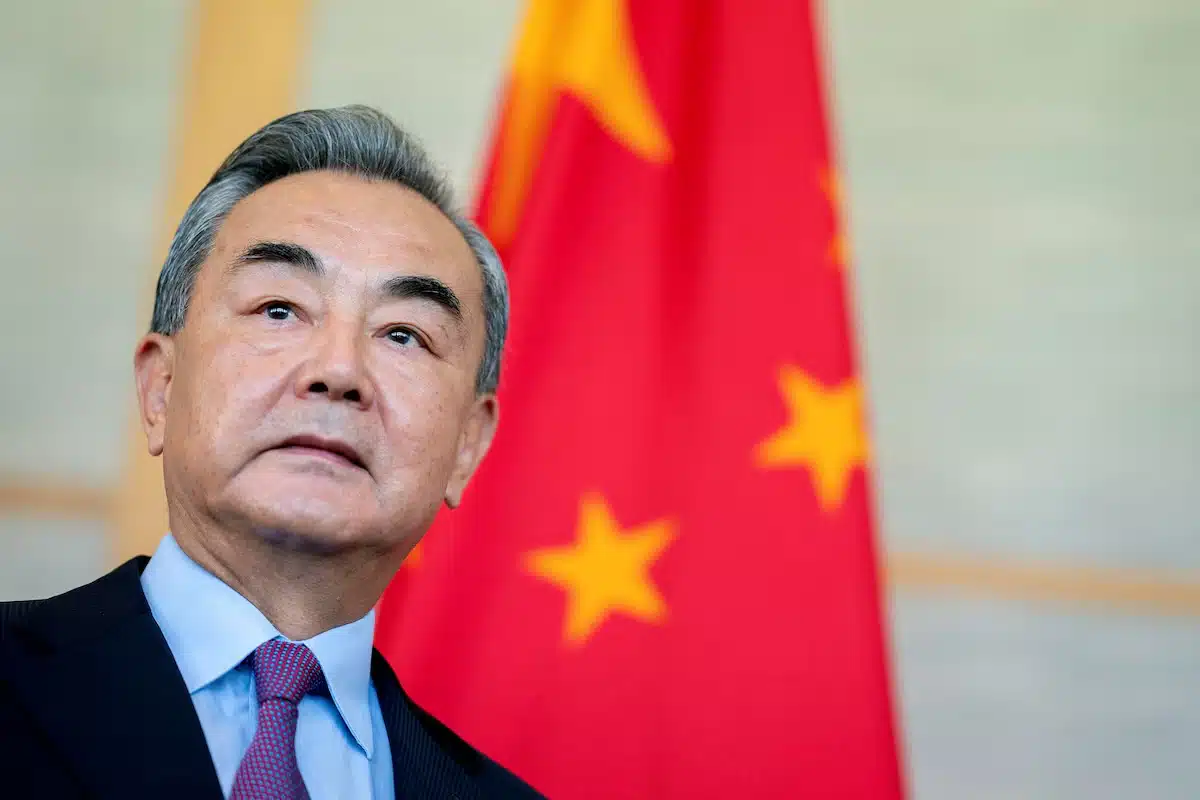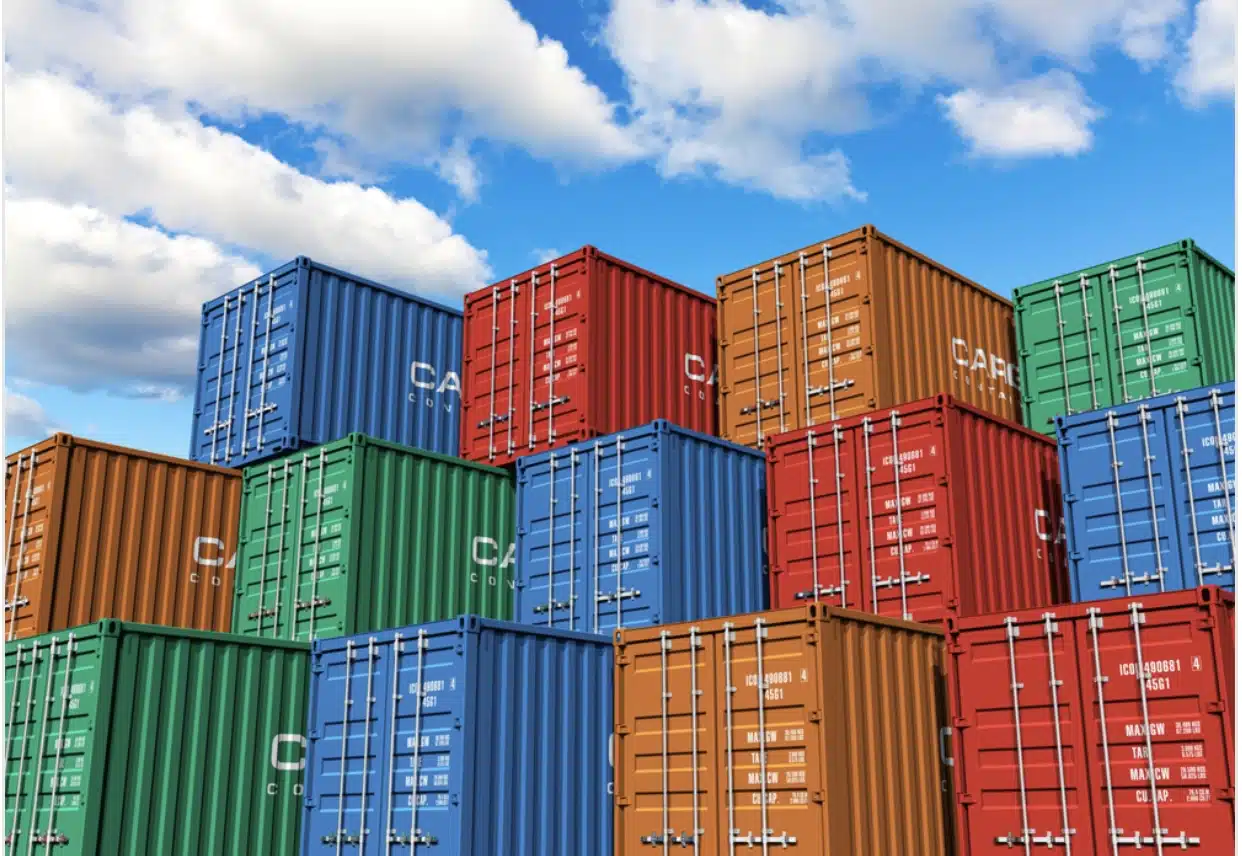Kenya and Iran have set a 60-day deadline to remove trade barriers on Kenyan tea exports, following a quality-fraud scandal that halted shipments to the Iranian market.
The agreement was reached at the 7th Session of the Kenya–Iran Joint Commission for Cooperation, held in Nairobi on Tuesday and co-chaired by Musalia Mudavadi, the Prime Cabinet Secretary, and Iran’s Minister of Agriculture Gholamreza Nouri Ghezeljeh.
The dispute arose from allegations that Cup of Joe Limited, a Kenyan tea processor, imported lower-grade teas, blended them locally, and re-exported the mix to Iran as premium Kenyan tea. In response, the Tea Board of Kenya revoked the firm’s licence and initiated prosecution, underscoring the government’s zero tolerance for adulteration.
What the 60-day plan entails
A joint Kenya–Iran committee will design a framework to restore market confidence, strengthen quality controls, and resume exports before the deadline. Mutahi Kagwe, Agriculture Cabinet Secretary, said the upcoming regulations will safeguard the integrity of Kenyan tea.
“Kenya’s tea sector is one of our largest foreign exchange earners, and we must protect it from unscrupulous traders who damage our reputation,” Kagwe said.
The committee will also explore broader trade cooperation spanning agriculture, health, education, science, technology, energy, and culture — areas previously outlined in earlier JCC sessions.
Why Iran matters to Kenya’s tea economy
Iran is among Kenya’s top ten tea markets. In 2024, it bought 13 million kilograms worth KSh 4.25 billion ($33 million), second only to Pakistan, which accounted for 34.7% of total export volumes valued at KSh 70 billion ($52.52 million).
Tea exports to Iran have shown strong growth, rising from 3.2 million kilograms in 2020 to a record 13 million kilograms in 2024, with values climbing from $5 million (KSh 645 million) to $33 million (KSh 4.25 billion) over the same period.
If the joint committee meets its target, Kenyan tea exports to Iran could resume by mid-October 2025. The move would provide much-needed relief for farmers and exporters, stabilise prices, restore earnings, and rebuild investor confidence in one of Kenya’s most critical export sectors.











